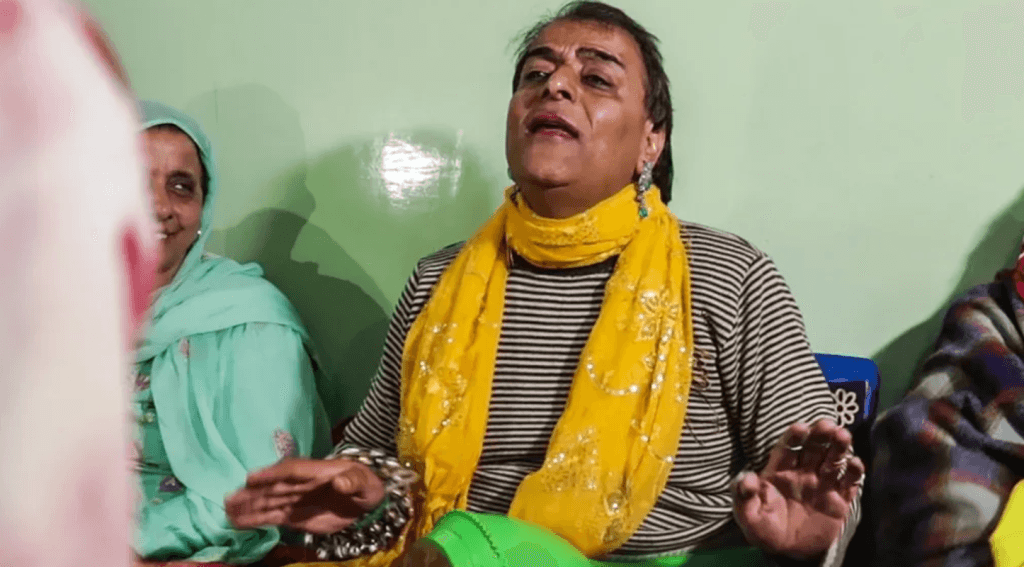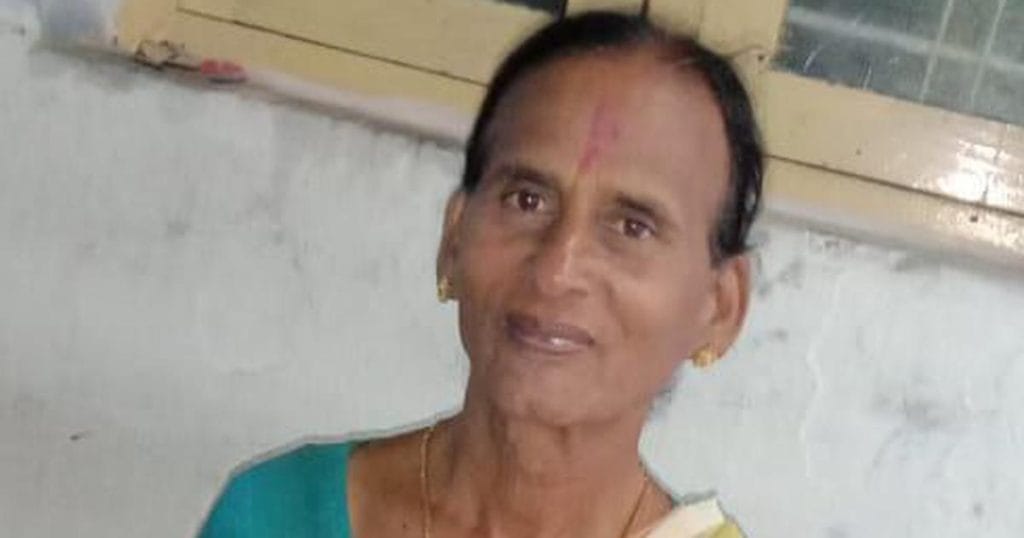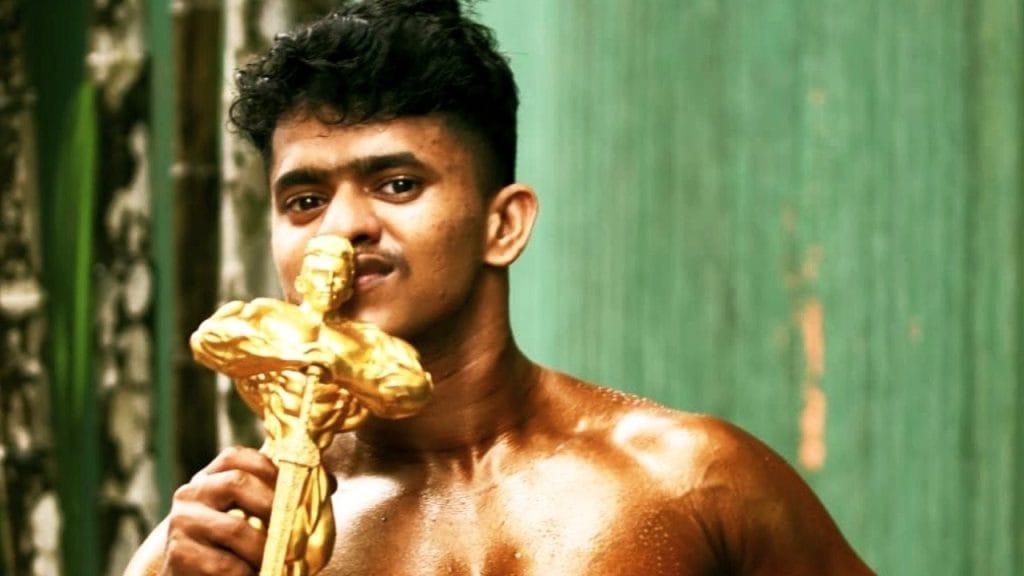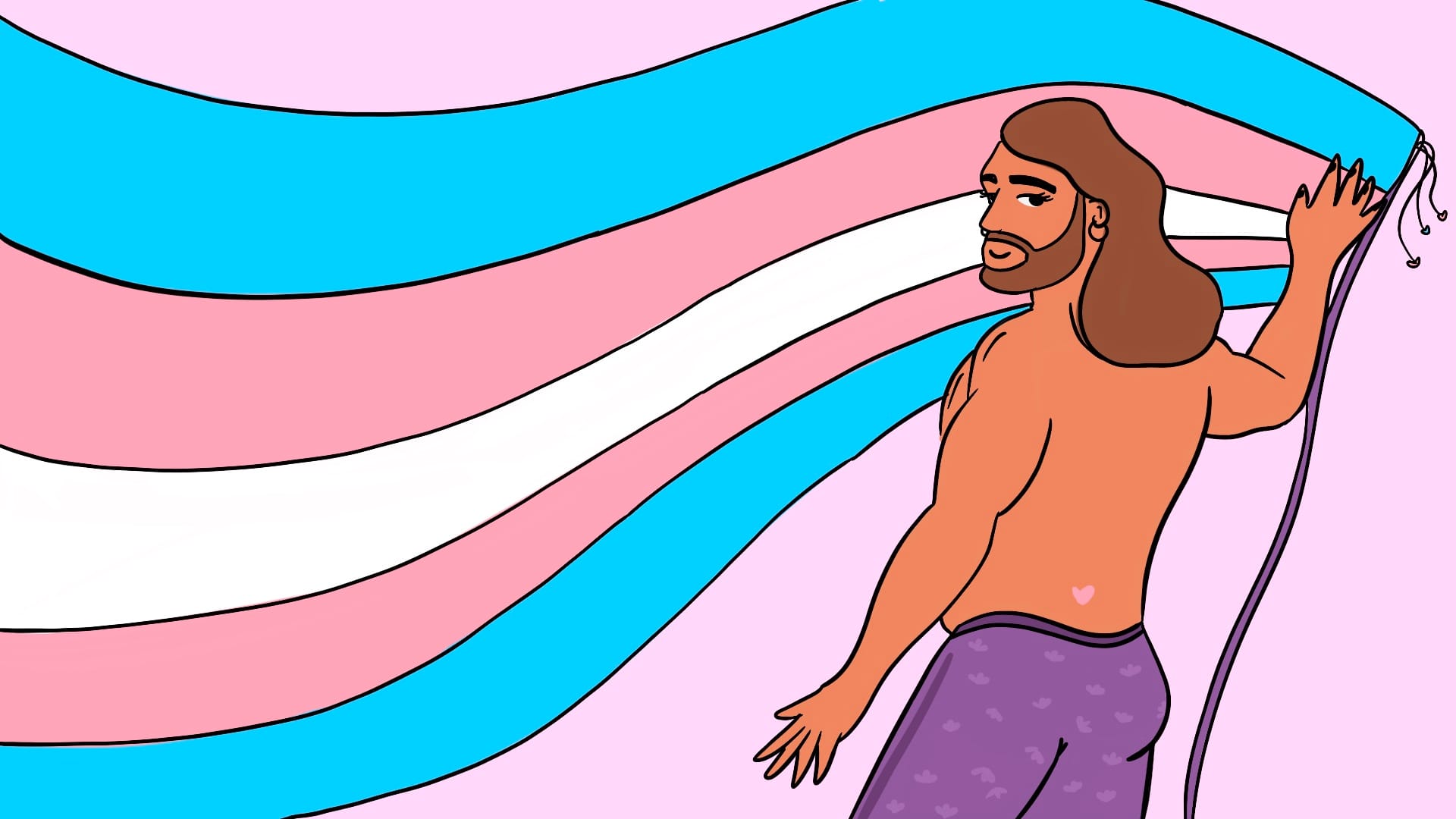Trigger Warning: Mentions of Suicide, Anti-Trans Violence, Institutional Murder
The Transgender Day of Remembrance (TDoR) is observed annually on 20 November to remember transgender people we lost due to violence targeted against them. The day was first observed in the year 1999 in the memory of Rita Hester, a Black transgender woman who lost her life to anti-transgender violence. Since then, TDoR has become an occasion, a platform where trans lives are represented, honoured, and remembered for their efforts and sacrifices, challenging the oppressive systems.
Lately, TDoR has become the ‘only,’ occasion where people come together to acknowledge the challenges faced by the transgender community. The erasure of trans and queer activists, their struggle and their contributions perpetuate transphobia and trivialise the trans and queer liberation movements as their remembrance should not be limited to a mere day. So, below are the names and stories of some of those trans activists and individuals who laid their lives working for trans liberation and freedom in India but were institutionally murdered by the state and society.
1. Reshma of Kashmir
Reshma of Kashmir, as she is famously known, was named Abdul Rashid when born and later got the name ‘Reshma,’ when a video of her singing the song Haye Haye Wasiey went viral on social media. The Kashmiri trans icon and singer passed away in 2022 after battling cancer.

As a trans person born in the 1950s, Reshma faced transphobia from a young age as she was bullied for speaking and dressing in a feminine way in school, which shaped her perspective of the world. Due to the constant bullying and harassment, Reshma dropped out of school in fifth standard and became skilled in sewing clothes or tailoring while her family dismissed her talent for singing.
Throughout her life, Resham worked towards the welfare of Kashmir’s marginalised hijra or eunuch community which includes both transgender and intersex individuals. Since the Hijra community is often stereotyped and shamed by society, the social stigma forces and restricts them into occupations of matchmaking, prostitution, dancing, and singing at weddings, and Reshma used her talent and fame of singing to gather social acceptance for the trans community. She used her platform to talk about the violence and marginalisation faced by the community as they continue to struggle for their identity as well as their existence and became a symbol of hope for Kashmir’s trans community.
2. Anannyah Kumari Alex
Anannyah Kumari Alex was the first transgender person to contest the Assembly elections in Kerala as she filed the nomination on behalf of the Democratic Social Justice Party (DSJP) from the Vengara constituency. However, she was mentally harassed by the leaders of the Democratic Social Justice Party which led to her withdrawing her name from contesting the elections. She was also the first radio jockey in Kerala, a stage show anchor, and a celebrity make-up artist who fought for the rights of the transgender community after facing discrimination from an early age.

Anannyah passed away in 2021 due to suicide. The complications arising after her ‘botched’ gender confirmation surgery were not addressed by the doctors. Despite complaining of medical negligence multiple times after the surgery, the medical board denied the charges which reflect the lack of awareness and sensitisation about the trans bodies in the Indian healthcare system. Her father alleged that “the hospital authorities even assaulted her after she complained of medical negligence.”
Anannyah’s death is a reminder of how inadequate healthcare for the trans community is a form of violence on trans bodies and can be called ‘institutional murder,’ as it leads to their demise.
3. Sangeetha
Sangeetha was a prominent transgender activist and the President of the Coimbatore Transgender Association who was brutally murdered in 2020 at the age of 60 years. She devoted her life towards the welfare of the economically weaker sections of society, especially the trans community as they are subjected to discrimination at workplaces due to their identity.

She was in the catering business for more than 15 years and was one of the founders of the Covai Trans Kitchen in Coimbatore, Tamil Nadu that employed members of the trans community who lost their livelihood due to the COVID-19 pandemic. While trans rights activists demanded the police and the Tamil Nadu government take proactive steps and catch the culprits, Sangeetha is yet to receive justice as her murderers remain unidentified and free.
4. Praveen Nath
Praveen Nath was Kerala’s first trans man bodybuilder who lost his life to suicide in 2021 after facing transphobia in the form of cyberbullying. The insensitive and transphobic behaviour of the media pushed Nath to the edge as he and his wife, Rishana Ayshu, a trans woman and the winner of the Miss Malabar pageant, were subjected to extreme cyber harassment and trolling due to their relationship.

As Social Justice Minister, R. Bindu said, “Praveen Nath is a reminder of a brand of rotten journalism that is complicit in this ignorance, he is a martyr.” Various Malayalam media outlets ran transphobic stories targeted at Nath and Ayshu’s marriage after Nath shared a very personal moment with the world on social media.
Despite withdrawing the post immediately and appealing to the media to stop publishing fake and transphobic news, the media houses continued to report which empowered the transphobes to further cyberbully Nath.
5. Dakshayani
Dakshayani was a 17-year-old trans girl who was murdered by her brother in the Thuttampatti village of Salem district of Tamil Nadu. Her brother, Selvaraj, shamed her trans identity and considered it as a disgrace to his family and relatives which prompted him to take the extreme step of murdering her. Since Dakshayani was a minor when she ran away to Chengalpattu to escape the abuse, the trans community had no choice but to inform the police who took her back to her abusive birth family.
Young trans lives, especially minors, are more prone to violence as they are legally required to live with their birth families. Since the Rights of Transgender Persons Act of 2019 does not recognise trans communities as families, it forces trans children to continue living with a family that inflicts violence on them and abuses them. Moreover, minor trans and queer adults are not able to receive the required support from queer communities and organisations due to legal provisions that place them under the care of their parents or families who may be dismissive of their identity and not give consent to the care and help required.
Upholding and honouring the sacrifices of trans and queer individuals who laid their lives fighting for their rights and freedom is a part of trans and queer liberation. Their sacrifices and stories remind us of the importance of resisting and protesting against the oppressive structure of society that encourages gender, sexual, and caste-based violence.
About the author(s)
Neha (She/They) is a neurodivergent queer writer who illustrates occasionally. A student of media and gender studies, Neha is critical of the patriarchal and heteronormative world around her and looks at it from the political lens of intersectionality. Although socially introverted, you can find Neha getting out of her shell and interacting with people, getting to know their experiences, and analyzing how the biased structure of the society impacts the marginalized.





